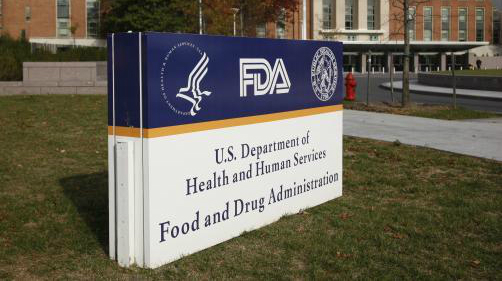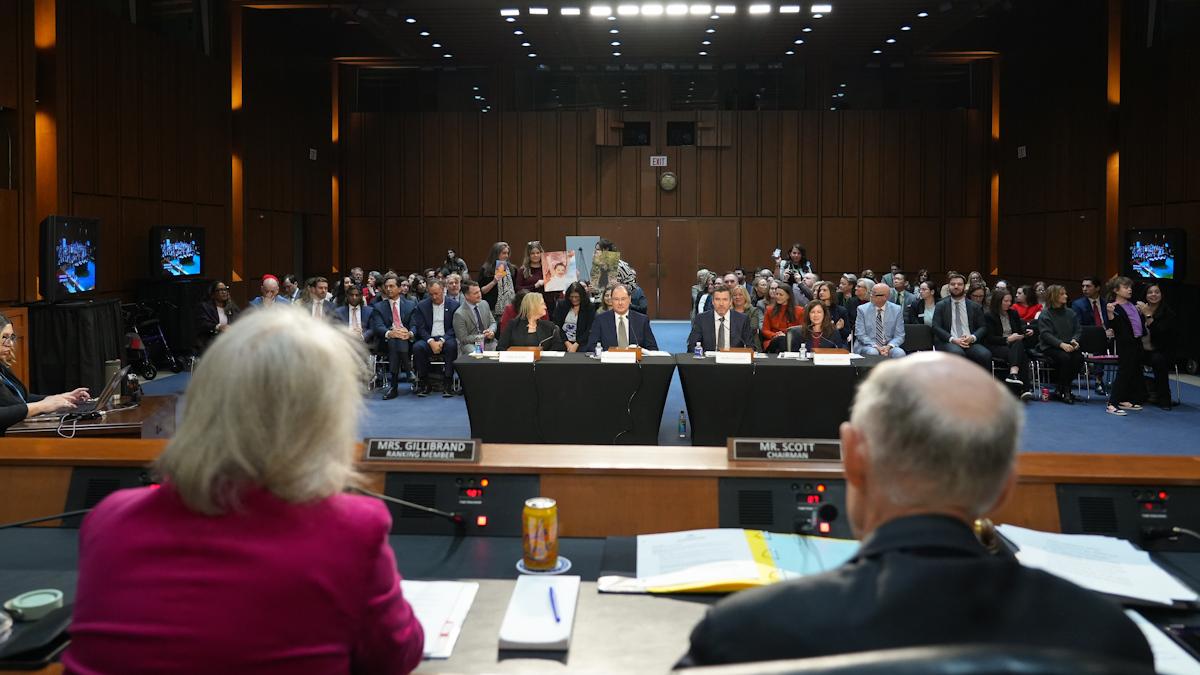FDA refuses to approve Insys opioid painkiller

The US regulators have rejected Insys Therapeutics' opioid-based painkiller because of concerns about its safety.
The FDA knock-back for Insys' buprenorphine sublingual spray sent the company’s shares slumping by nearly 9% to $6.62 last Friday - this is their lowest level in more than two months.
The regulator's complete response letter follows an FDA advisory committee's decision to vote against approval for the treatment earlier this year. While the FDA is not bound to the results of committees’ votes, it generally follows their stance on whether or not to approve a drug.
The treatment under scrutiny is an under-the-tongue spray formulation of the opioid buprenorphine that's designed to treat moderate to severe pain.
Opioids work by attaching to proteins called opioid receptors, which are found on nerve cells in the brain, spinal cord, gastrointestinal tract, and other organs in the body. This changes how the brain perceives pain and feelings of pleasure or euphoria can be produced, which can make them addictive.
These drugs slow down heart and breath rates and the effects are almost instantaneous.
According to Insys, the FDA’s complete response letter, which is sent once a drug has been fully reviewed by the regulator, indicated that some of the data suggested potential safety concerns although the spray demonstrated statistically significantly pain relief compared to placebo.
[caption id="attachment_45096" align="alignleft" width="83"] Steve Sherman[/caption]
Steve Sherman[/caption]
Steve Sherman, senior vice president of regulatory affairs for Insys, said: “Given the attributes of our proprietary buprenorphine formulation for sublingual delivery, we continue to believe that this drug-device combination could bring value to the management of pain and will assess the next steps in the context of the company's overall mission.”
In October last year, Insys founder John Kapoor, former chief executive Michael Babich and others were indicted for allegedly conspiring since 2012 to pay bribes to doctors to prescribe the drugmaker’s fentanyl-based cancer pain medication Subsys and to defraud insurers.
The US Justice Department accused Insys of paying doctors backhanders to prescribe Subsys, often via fees to participate in sham speaker programmes supposedly meant to educate medical professionals about the drug. The case continues.













